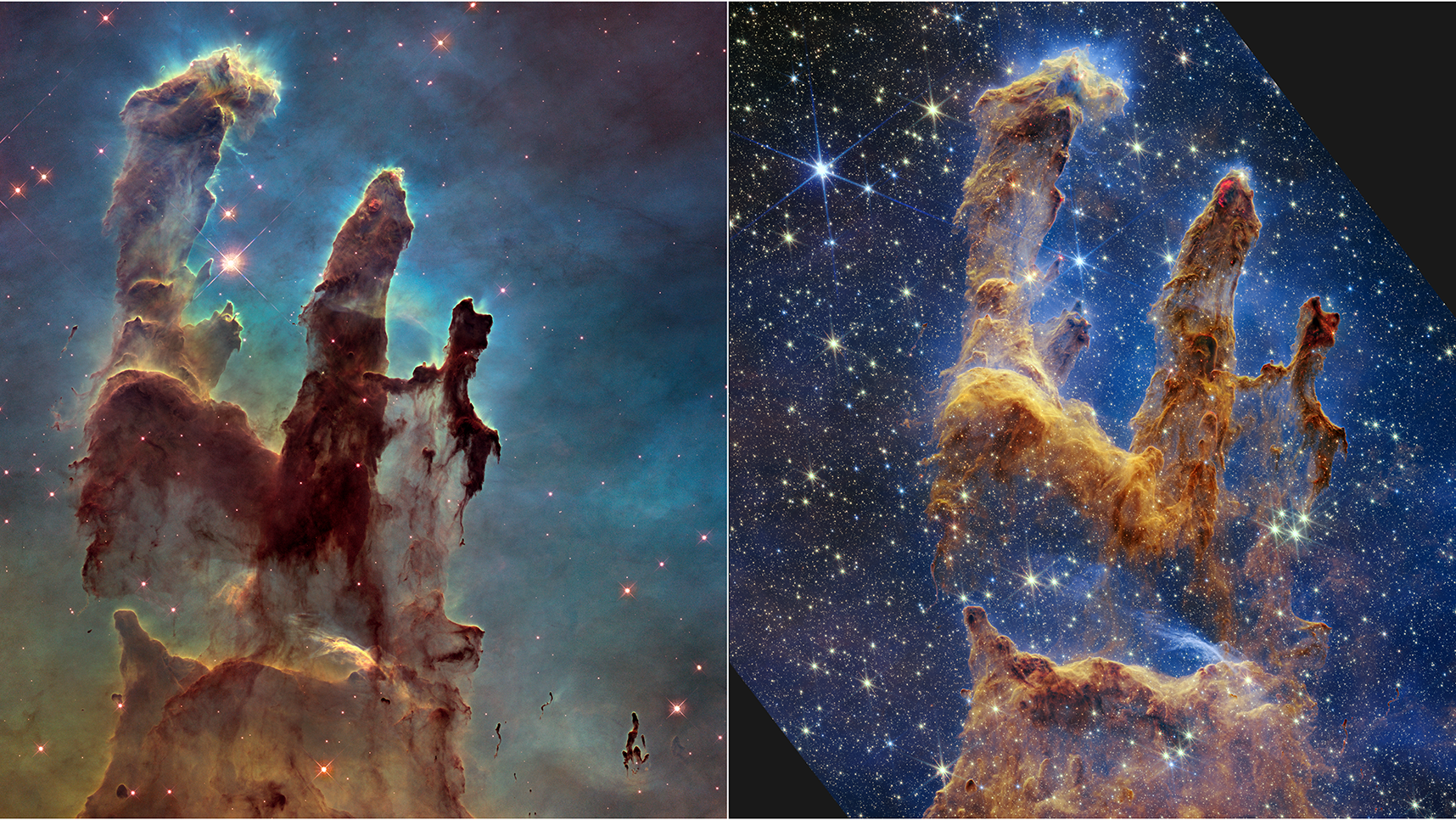Blogger Anil Dash details his role in establishing his medium as the Internet’s primary form of communication—and explains why he’ll never write a book about it.
Question: Are you the founder of blogging?
Anil Dash: No way. Blogging is one of these things where it’s a little bit like asking, “Who’s the first rapper?” or “Who invented rock and roll?” You can always go back to somebody earlier. I’ve been doing it 10 or so years. I started in maybe 1999. There’s clearly people who influenced me who called what they were doing a web blog in ’98, ’97; for me, Peter Merholz who does peterme.com or davewire.com, those were influences. But if you look at the traits of what we consider a blog—a personal voice who uses the internet well, rich with links, edited by a real human with a human voice—those things, I think you go back to the very first webpage. I think if you look at the first thing that Tim Berners Lee posted when he invented the web, or Marc Andreessen at that first page for the first browsers that would later become Mozilla and Netscape. The very birth of the web was really very similar in format and content to what a blog looks like today.
Question: What is the story behind Six Apart?
Anil Dash: Six Apart has been an amazing journey for me. The company’s name comes from our co-founders, Ben and Mena. They are a husband and wife couple whose birthdays are six days apart, and it’s interesting because people always perceive as it being about six degrees of separation or something like that, and what I love is, instead, it’s a real human story of two people who are among my closest friends; they are this great, kind of cute, young married couple with a little girl, the American Dream; they were high school sweethearts, and the whole thing has spun into the biggest blogging company in the world, arguably one of the biggest social media companies in the world. It’s been tremendously influential.
The things we’re known for is creating blogging platforms like Movable Type and TypePad; so, when people go into blogs or have posted, at the bottom it says “Powered by Movable Type.” You could go to barrackobama.com or britneyspears.com, and you see that they are using these tools. There is a lot of pride in thatm and these days the company does a lot more.
We have a very successful services team here in New York that’s helping all the biggest publishers in the world. We have an advertising team that’s helping individual bloggers to become more successful, so maybe they can do more reporting in their free time, or cover their topic a little bit more passionately.
What I think has been amazing is, when I joined Ben and Mena there was 3 of us. I was literally in a spare bedroom; it’s that kind of almost prototypical story of a technology company—you just have a belief beyond all rationality that what you’re doing is important, and back then a lot of people thought blogs were a fad and was going to be like CB radio and go away. They certainly never thought you would go to whitehouse.gov, and the White House website will have a blog. Some small part of the reason why that’s true, or why so much of what we read for fun is from blogs, is because the work Six Apart has done.
It’s been the most gratifying experience of my professional career to have a hand at helping start this thing and to see literally hundreds of people join the company as employees, working like crazy, and [seeing] millions of people work with the tools and the technologies we create, and have it impact their lives. There are very few chances to do something like that; it’s been really exciting.
Question: How have you continued to innovate in such a rapidly changing industry?
Anil Dash: The process of creativity on the web is a little bit different than other media. I think in fine arts it’s something where an artist goes away to their cave, or the writer has writers block, will kind of huddle up in the attic with the typewriter. By necessity, creating things from the web is a social behavior. We call it social software. We are talking about social networks—that means it is intrinsically collaborative and that’s true. You know if you are one person hacking away at the computer in the middle of the night, you are always thinking of what other people want, what other people do, what their behaviors are. There is always a dialogue—you input in what you create, and that might be new.
We have artists that work in film and in TV and they obviously think of an audience, but they aren’t necessarily thinking of it as an iterative process. Very few films go out to theatrical release, come back, get feedback and change what they did in the film for a second release. With software, that happens every single day on the web and it’s a thrill. I love talking to a group of people. I love talking to our customers or users or people that read my blog. That idea of, instead of throwing a sculpture out to you, I am going to throw a lump of clay unto you all and you are going to shape it. I’m going to take it back and respond to that.
Question: Do you ever plan to write a book about your experiences?
I had a lot of people over the years ask me to write a book and I felt like everybody I know writes a certain kind of book. They know that [they’re] not going to make any kind of money with it. It’s certainly not for that. They want to have it on their resume, and then they will have the chance to go and talk about it and do a book tour. I get frustrated because I think, “Why can’t I do a blog tour?”
You know, over the years I’ve probably written 10 books worth of texts on my blog, and yet it doesn’t open the doors. Nobody ever goes on a late night talk show to talk about the new blog they launched, and I think there’s been a real reckoning where you have to wonder if you want to put your principles into play.
I believe the best way to share an idea right now, to get idea out in the popular culture, is to have a dialogue about it on the web with the people that are most informed about it. I think, 20 years ago, the best way to get an idea out in the culture was to write a lengthy book about it and hope that people talk about the book and share the idea. I think a book is an artifact of a person’s ambition in their career. I think that if you’re Malcolm Gladwell or Chris Anderson you can make some money with it when most people don’t, and so, after a while, it’s saying, “I want a prop up system that says the book is the only way to get an idea in the popular discussion.” Do I want to make sure that the best ideas are happening on the web, which is the medium that I care about and has been most generous to me? You know, the publishing industry has not built my career—the web industry has—so I kind of want to honor where I came from. I think I have a book in me. I have a book’s worth of information to share. Do I have to kill trees to get that idea out there? I hope not.
Recorded on: July 17 2009





